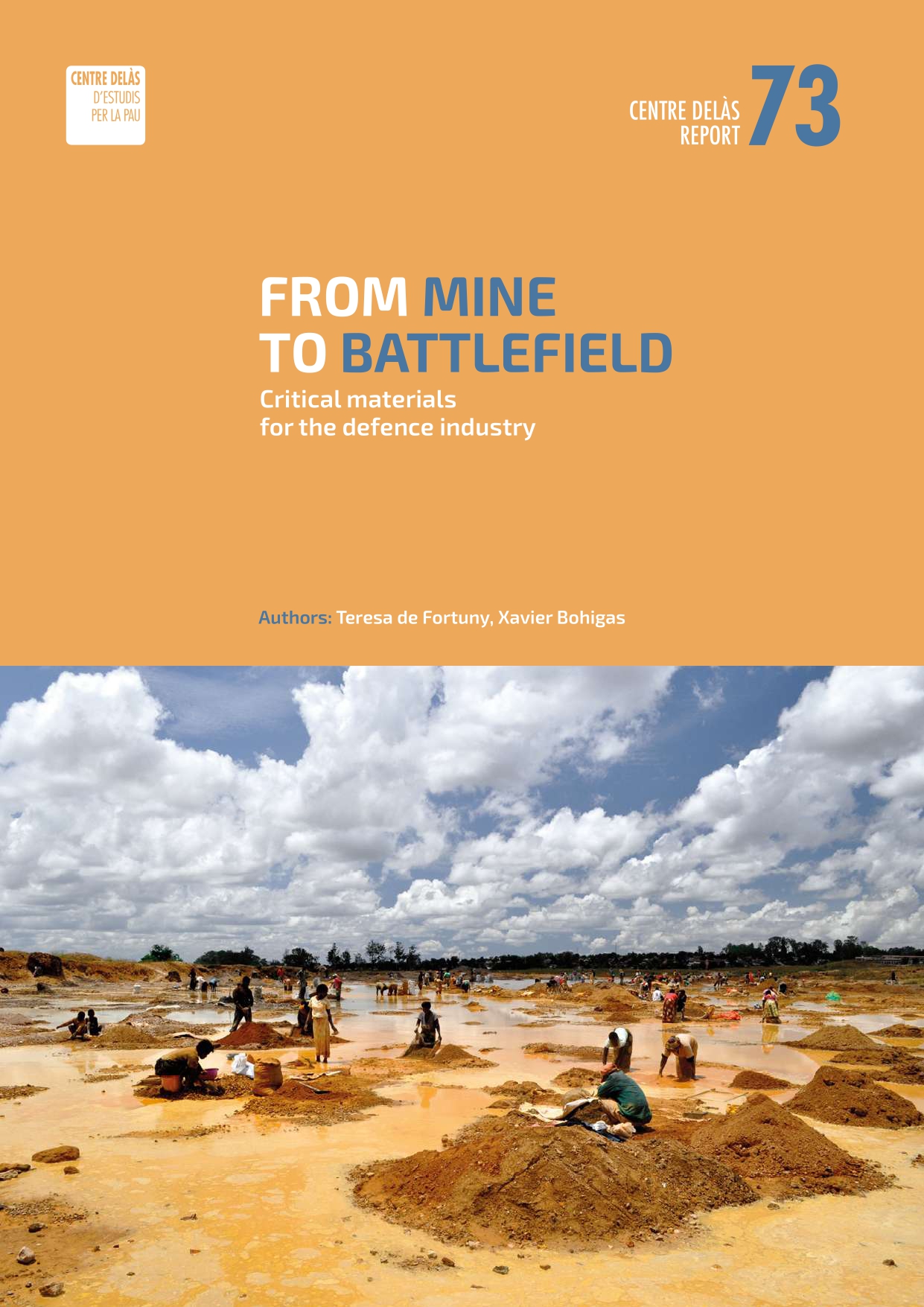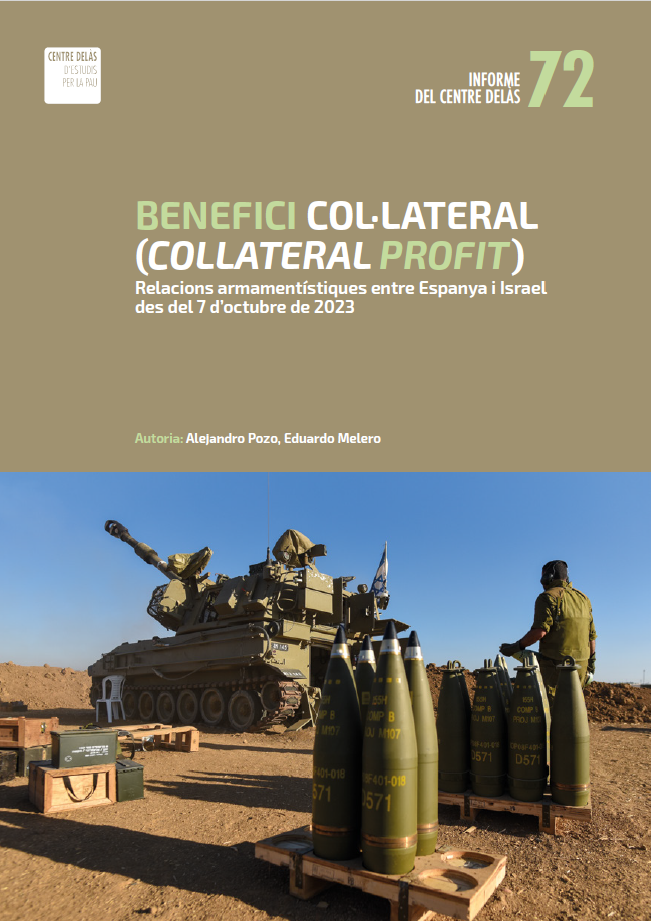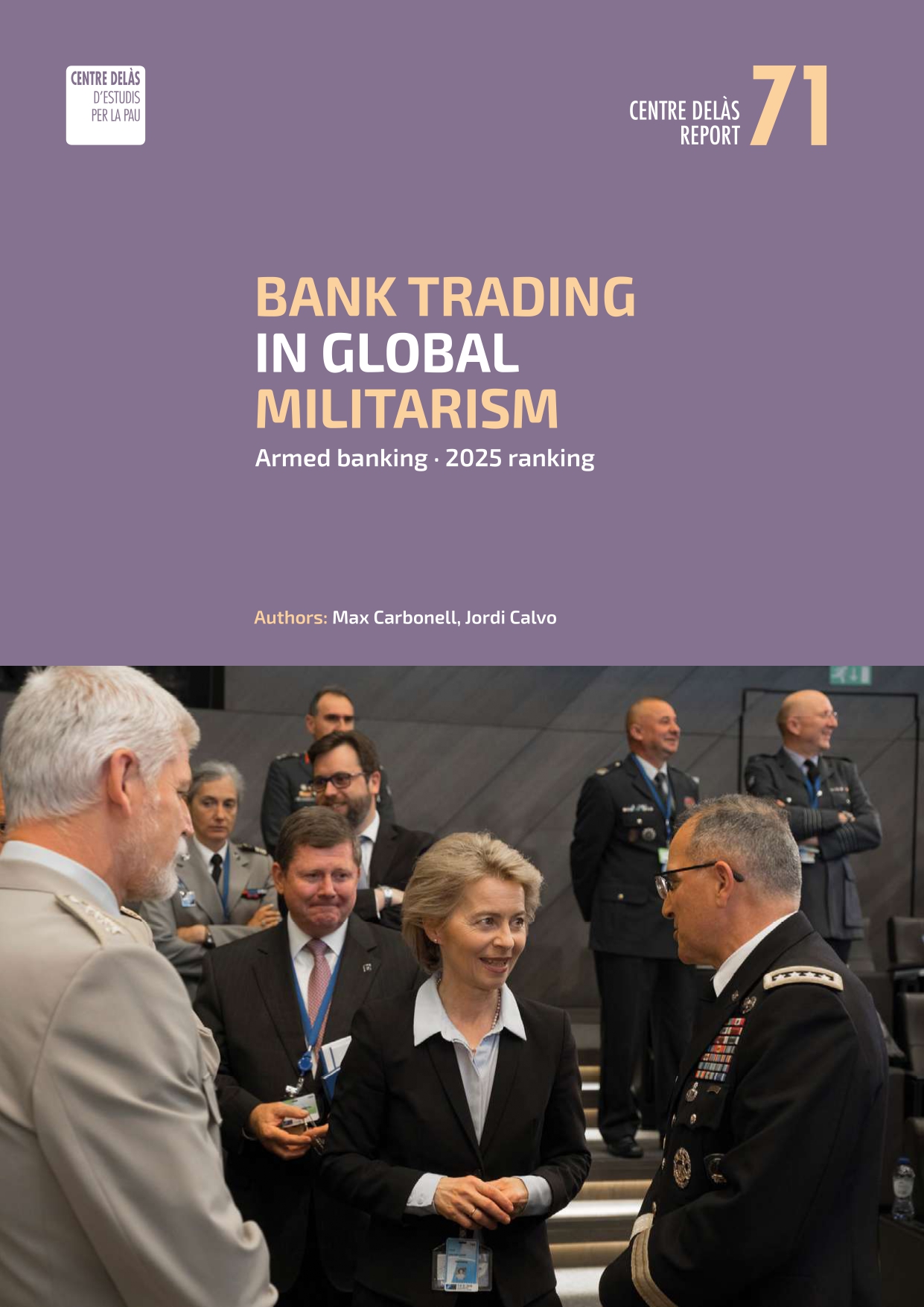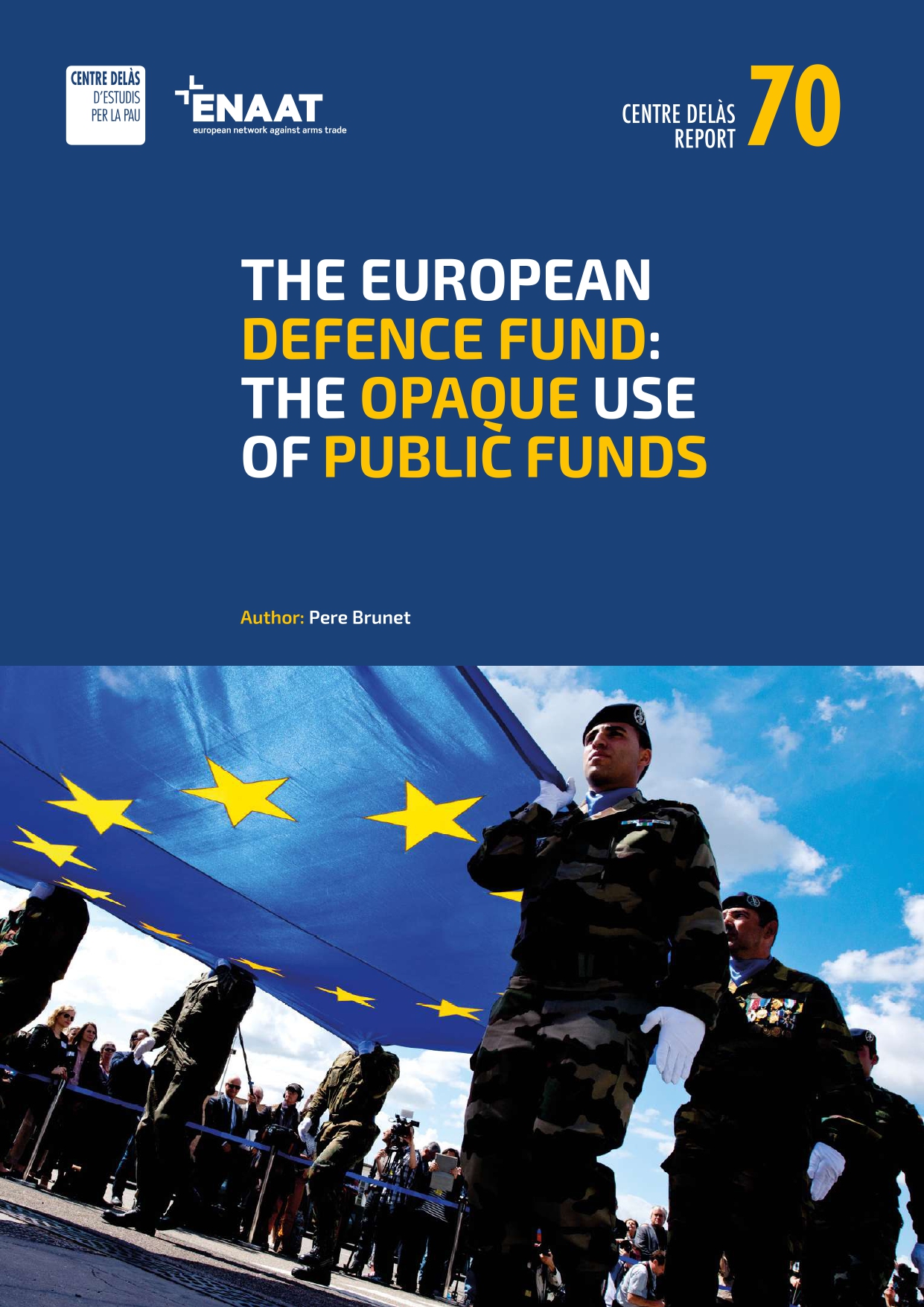Posted in Brussels - Barcelona
ENAAT’s Statement – “The way out from the COVID-19 crisis: will the EU work for peace or prepare for war?”
- On Europe Day, the Global Campaign On Military Spending (GCOMS) and the European Network Against Arms Trade (ENAAT) call the EU to fund peace, not arms dealers
The EU High Representative Mr Borrell stated on April 24 that the world will look very different after the COVID-19 crisis and will depend on the choices made today. On the eve of Europe Day celebrating peace and unity, the EU bears a large responsibility for how this future will look like, and has a key choice to make: work for sustainable peace by seriously tackling the root causes of conflicts, or continue the path to militarism and prepare for war.
The current pandemic was predictable: both national strategic documents (from US to UK) and the 2016 European Global Strategy alerted for years about the need to get prepared for serious pandemics. According to the Global Risks Report 2019 by the World Economic Forum, the top 3 risks in terms of likelihood are all environmental (extreme weather events, climate change, natural disasters). And the EU-tailored Normandy Index identifies energy insecurity as the biggest threat for the EU’s strategic autonomy. Yet global military spending saw its biggest increase in a decade in 2019, a growth Europe largely contributed to.
The Global Days of Action on Military Spending (GDAMS)2020 that are closing tomorrow brought attention to the vast opportunity costs of the current levels of military spending: 1.91 trillion US$ in2019, almost $5 billion per day, $239 per person.Collectively the 28 EU Member States rank second with a total of $268.2bn (United Kingdom was a membertill 31 December 2019), before China and four times more than Russia, as was the case for the last decade. This is a 15 % increase within five years.
“But armament provides us little protection against health and environmental threats. Strengthening further our military arsenal will not help much needed international cooperation, trust and diplomacy but rather feed fear and distrust, in other words pave the way for potential wars resulting from unresolved challenges” says Jordi Calvo, Coordinator of IPB’s campaign on military spending.

On top of national expenditures, the EU budget isalso being diverted for military purposes: from2017 to 2020 half a billion Euros is being allocatedto support Research & Development of ‘cutting-edge’ weaponry and equipment, with a strongfocus on unmanned and autonomous systems,surveillance and disruptive technologies radicallychanging how wars are conducted.
This EU Defence Fund should benefit from anexponential increase in the next EU long termbudget (MFF 2021-2027), possibly up to €13billion.
The COVID-19 crisis requires now a drastic overhaul of the initial MFF proposal, and one could hope a refocus on health and environmental challenges, and on the communities most affected by them. But the military-industrial complex and its supporters are rallying and calling loud and clear for maintaining or even increase EU funding for the arms industry.
“Every Euro of the EU budget used for the military is a lost Euro to face interrelated environmental, climate and health challenges that represent today the most tangible threats to human security worldwide and the root-causes to many conflicts” alerts Enrique Sánchez, Project Officer at IPB-GCOMS. Moreover, it is predictable that those subsidies will exacerbate the global arms race by boosting European arms exports to areas in conflicts or under tension, and those weapons will in turn feed conflicts.
The European Union should instead revise the traditional military security approach by a human security approach encompassing all aspects of a decent livelihood (healthcare, education, food safety, healthy environment…) and stop any funding for the research and development of new weaponry in its next long-term budget. Reallocating EU and national defence budgets would help finance a much needed transition toward more peaceful, just, and sustainable societies and economies worldwide, thus tackling the root-causes of many conflicts.
“There is no time left for half-measures and the EU cannot have it both ways; in the coming months it will have to decide to serve peace and citizens interests, or please the arms industry and prepare for war” concludes Laëtitia Sédou, EU Project Officer at ENAAT.
More information can be found here:
The Global Days of Action on Military Spending (GDAMS) are an initiative of the International Peace Bureau (IPB) and are coordinated by theCentre Delàs d’Estudis per la Pau. The first edition took place in 2011. The 2020 edition started on April 10 and ends on May 9.
GCOMS/GDAMS website: www.demilitarize.org
The European Network Against Arms Trade (ENAAT) was founded in 1984 and involves groups and individuals who see the arms trade as a threat to peace, security and development. It is made up of 17 national campaign and research groups from 13 European countries and 3 European or international organisations
ENAAT website: http://enaat.org/eu-defence-fund
Contact
For GDAMS: Maria Vázquez, mobile +34 633561498 – e-mail premsa@centredelas.org
For ENAAT: Laëtitia Sédou, mobile +32 496 158391 – e-mail laetitia@enaat.org





